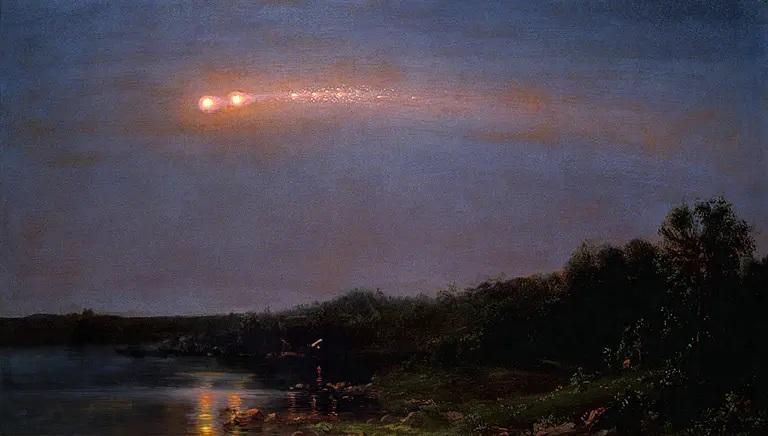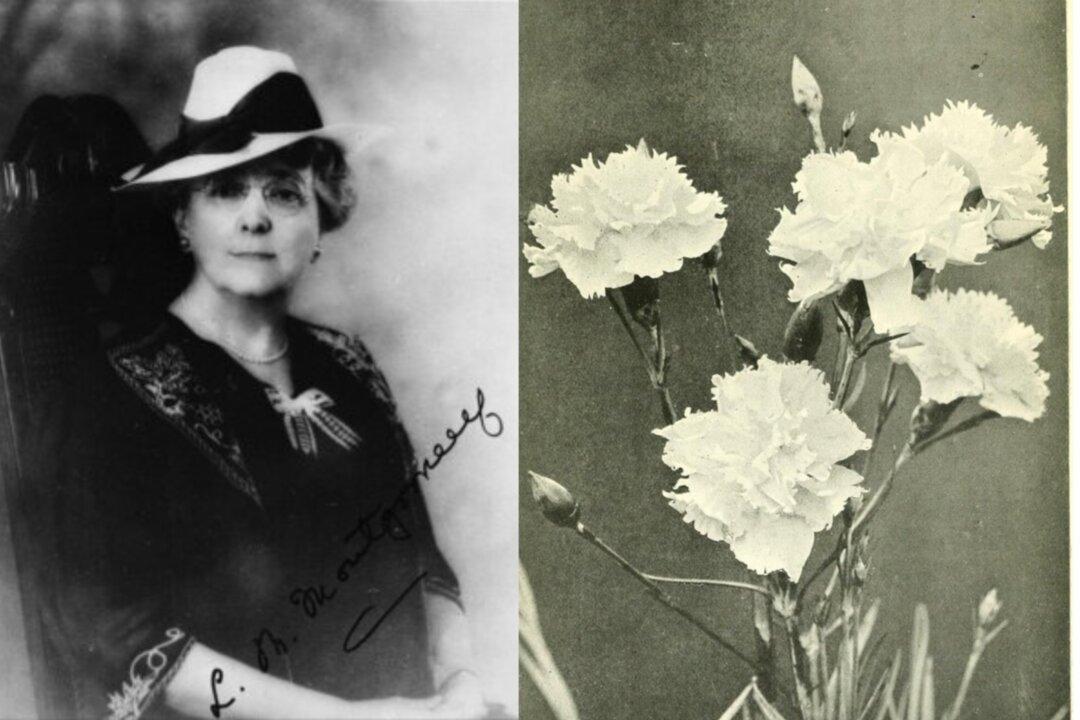“Star light, star bright, The first star I see tonight, I wish I may, I wish I might, Have this wish I wish tonight.”
Children often wish upon a star and never doubt its ability to grant their wish; it holds their dreams. But how long do they have hope in the dreams that they shoot up to the stars? Often, their dreams die in the darkness of reality when a jealous world tries to bury any dreams, hope, and love that shine forth.In his short story “The Skylight Room,” O. Henry presents young, whimsical Miss Elsie Leeson. According to many in the modern world, she irrationally believes and hopes in her dreams.






